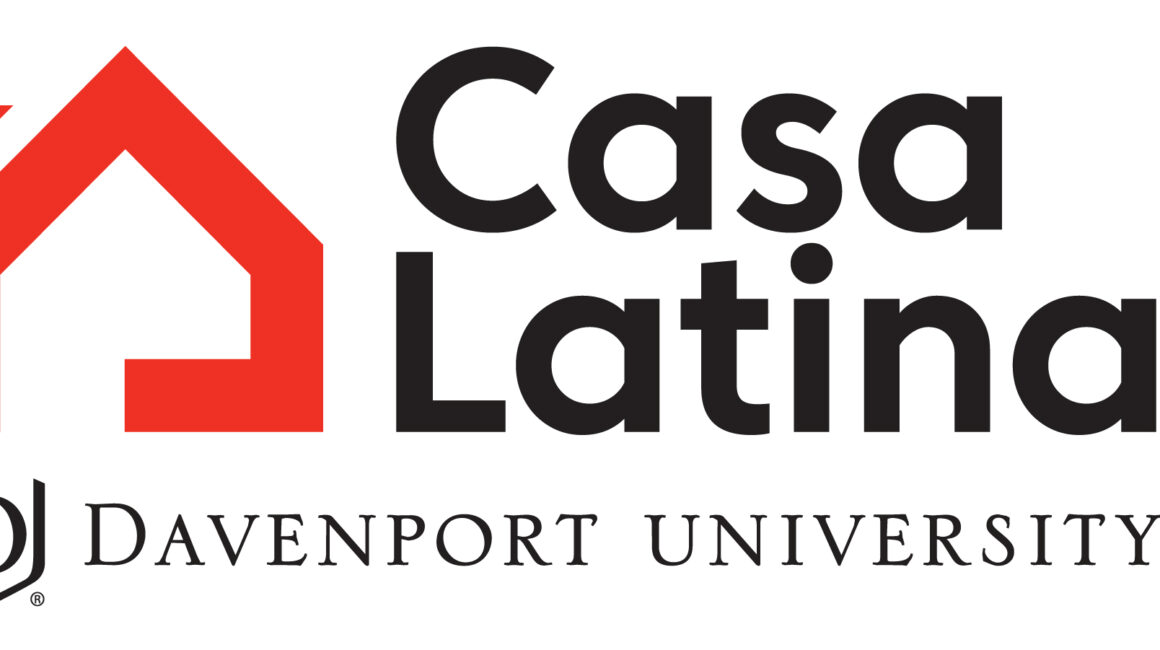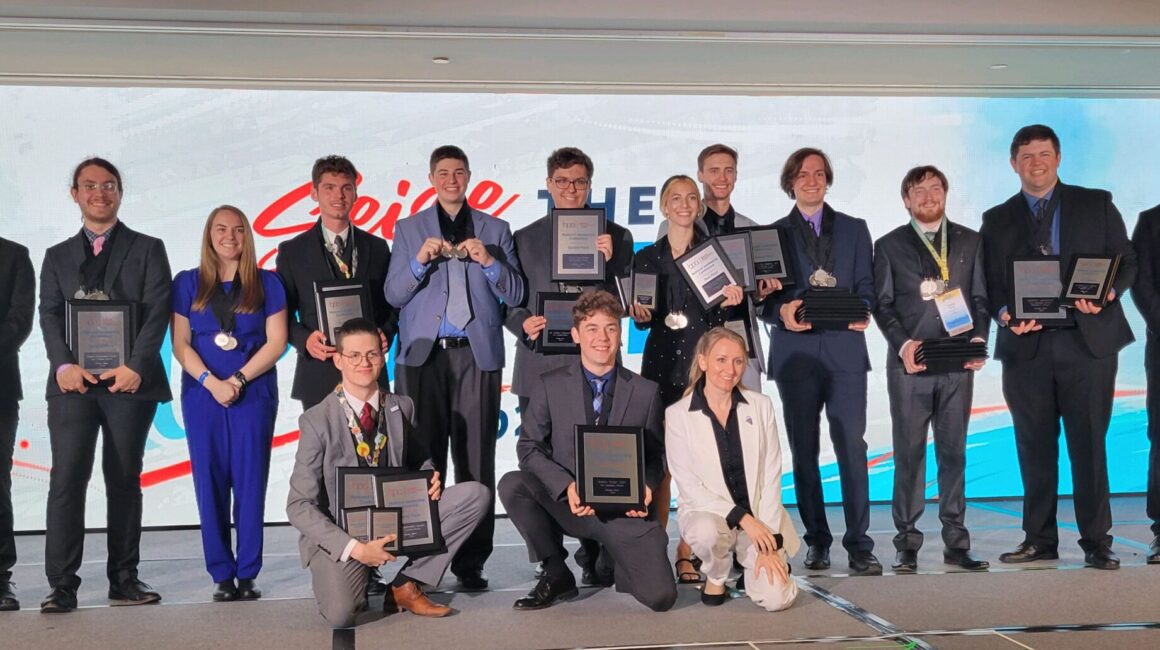
(GRAND RAPIDS, MICH. – October 5, 2020) Davenport University has awarded nine students full tuition and expense scholarships to study cybersecurity during the 2020-21 school year as part of federally-funded grant programs. After graduation, each student is guaranteed a full-time cybersecurity role at a government entity.
In total, Davenport values the scholarships to be worth more than $425,000.
“The demand for qualified cybersecurity and cyber defense experts in our country grows each year,” said Dr. Richard Pappas, president Davenport University. “We’re honored to be part of such an influential program, producing the talent needed to address one of our nation’s most pressing needs – security.”
Since 2011, Davenport University has been designated as a National Center of Academic Excellence in Cyber Defense Education (CAE-CDE) by the National Security Agency (NSA) and the Department of Homeland Security (DHS) – one of only 13 schools in Michigan. In addition, Davenport University is one of only 16 institutions nationally to be recognized as a Center of Digital Forensics Academic Excellence (CDFAE) by the Department of Defense Cyber Crime Center (DC3).
These programs are designed to recruit and train the next generation of information technology professionals and security managers to meet the needs of the cybersecurity mission, primarily for the Federal government. In return for their scholarships, recipients must agree to work after graduation for the U.S. Government, in a position related to cybersecurity, for a period of time equal to the length of the scholarship they receive.
Department of Defense Cybersecurity Scholarship program awardees Liz Canfield, Matthew Langeland (returning scholar) and Patrick Stalnaker will each go to work for a Department of Defense agency upon graduation.
National Science Foundation CyberCorps Scholarship for Service awardees Trenten Babcock, Austin Buck, Max Fiedler, Robert Gauck, Elizabeth Gauthier and Burke Jenne will each seek employment in a federal agency upon graduation.
“The move to more individuals working from home is forcing companies – not just our government – to more closely examine security protocol,” said Pappas. “Company-issued laptops and personal mobile devices for email and information transmission put corporate information at risk. This is an ever-growing field, essential in today’s landscape.”
There are currently more than half a million cybersecurity job openings in the United States, according to cyberseek.org. Of those openings, 8,760 jobs are available in Michigan.
As part of the National Science Foundation program, participating students also mentor local high school students looking to pursue a career in cybersecurity. Additionally, students will travel to a national cybersecurity conference and complete a paid summer internship with a federal, state, local or tribal government organization to further their learning in the cybersecurity field.
Anyone interested in these scholarships is encouraged to apply. The application window for the 2021-22 school year opens Jan. 1, 2021. Visit davenport.edu/cybersecurity for more information.
About Davenport University:
Founded in 1866, Davenport is a private, non-profit university serving about 7,500 students at campuses across Michigan and online. With tuition among the lowest of all private universities in the state, Davenport provides high academic quality, small class sizes, conveniently located campuses, faculty with real-world experience and more than 60 dynamic undergraduate and graduate programs addressing in-demand careers in business, technology, health professions and urban education. To learn more visit www.davenport.edu.
Media Contact:
Amy Miller
Davenport University
616 732-1157
“This material is based upon work supported by the National Science Foundation under Grant No. 1921840. Any opinions, findings and conclusions or recommendations expressed in this material are those of the author(s) and do not necessarily reflect the views of the National Science Foundation.”



No Responses